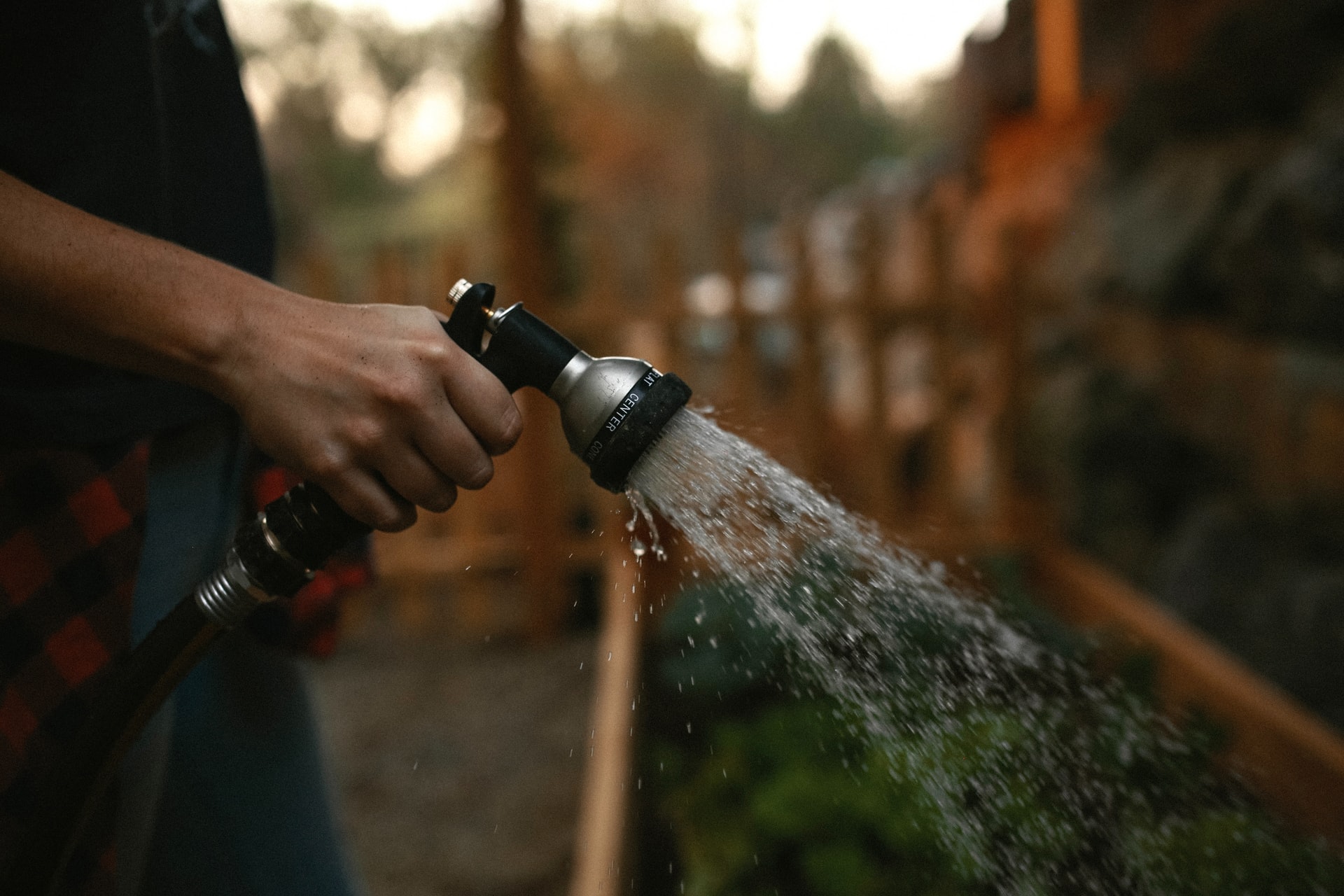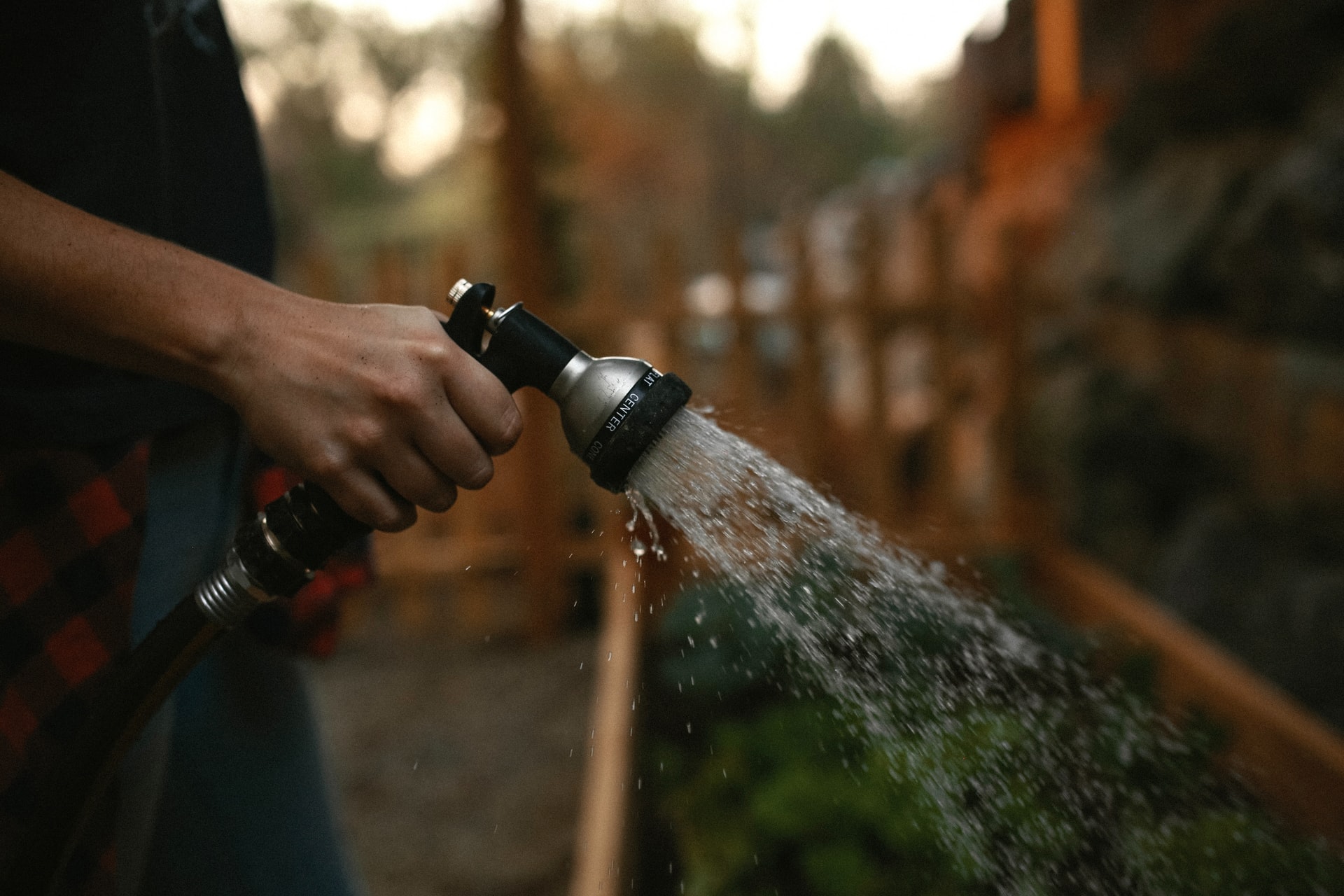Finding water in your basement can be quite a shock. Not only does basement flooding mean expensive repairs, it may also mean the ruin of whatever was stored down there. Therefore, we need to get to the bottom of where that water is coming from to ensure it doesn’t return, once the current disaster is cleaned up!
For now, we’ll focus on basement flooding in an old home. Basement flooding is likely caused by different things in an old home than a new one. If you need help with basement flooding in a newer home, check out our last article. If you’re struggling with moisture, rather than water, we have an article for you as well.
Outdated, Broken Plumbing
When a home has been standing for decades, the plumbing takes quite a beating. In fact, when plumbing has been used for that long, it begins to lose its efficiency. Not only can old pipes be unable to keep up with modern water pressure, they can also rust.
Rusted pipes don’t just make the tap taste like metal. When pipes rust, it can weaken them and the parts holding them together. With every year, your home’s plumbing becomes more and more likely to burst somewhere.
If the there’s no storm outside and the water in your basement looks mostly clear, there’s a good chance it’s coming from a burst pipe. Call us immediately for emergency repair services.
Damaged Basement Walls
If the water in your basement looks a bit less clear, or straight up muddy, it’s most likely coming from outside. There are two ways for outside water to come in. The first is that it’s coming through damaged basement walls.
Over the years, your basement walls, if not properly waterproofed, will gain cracks for water to get in. The cracks won’t allow much more than damp walls at first. However, with time, the cracks will widen and reach all the way inside. When it rains, the water that soaks into the surrounding soil will begin leaking into your basement through the walls.
If this is the source of your basement flooding, it’s either a very minor flood, or there were warning leaks leading up to this. If it’s storming hard at the moment, a small leak may have turned into a sudden stream of water in your basement. Either way, it’s time to get that fixed with exterior basement waterproofing.
Groundwater Rising
The second way water can come in from outside, causing basement flooding, is through the basement floor. If you live at the bottom of a hill, if it’s been particularly rainy lately, or if an existing subfloor sump pump has stopped working, water will rise up into the basement from the surrounding ground. This is caused by the equilibrium of the groundwater. The solution is to have a sump pump installed, or to have an existing one checked for malfunctions. A sump pump will collect water that rises up beneath the floor, redirecting it away from the house.


